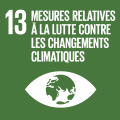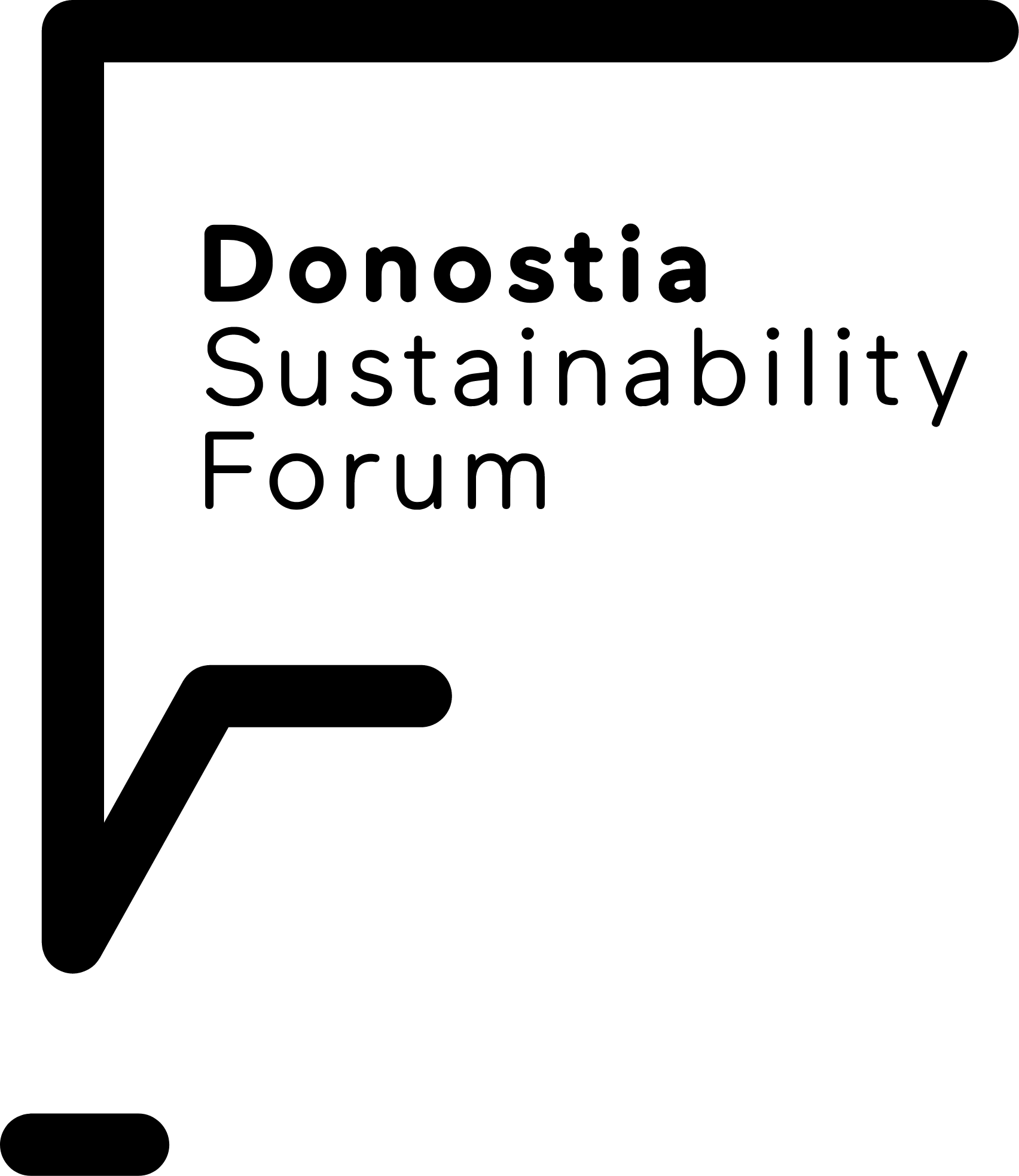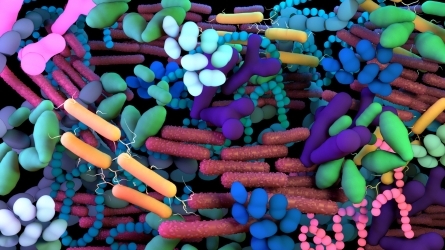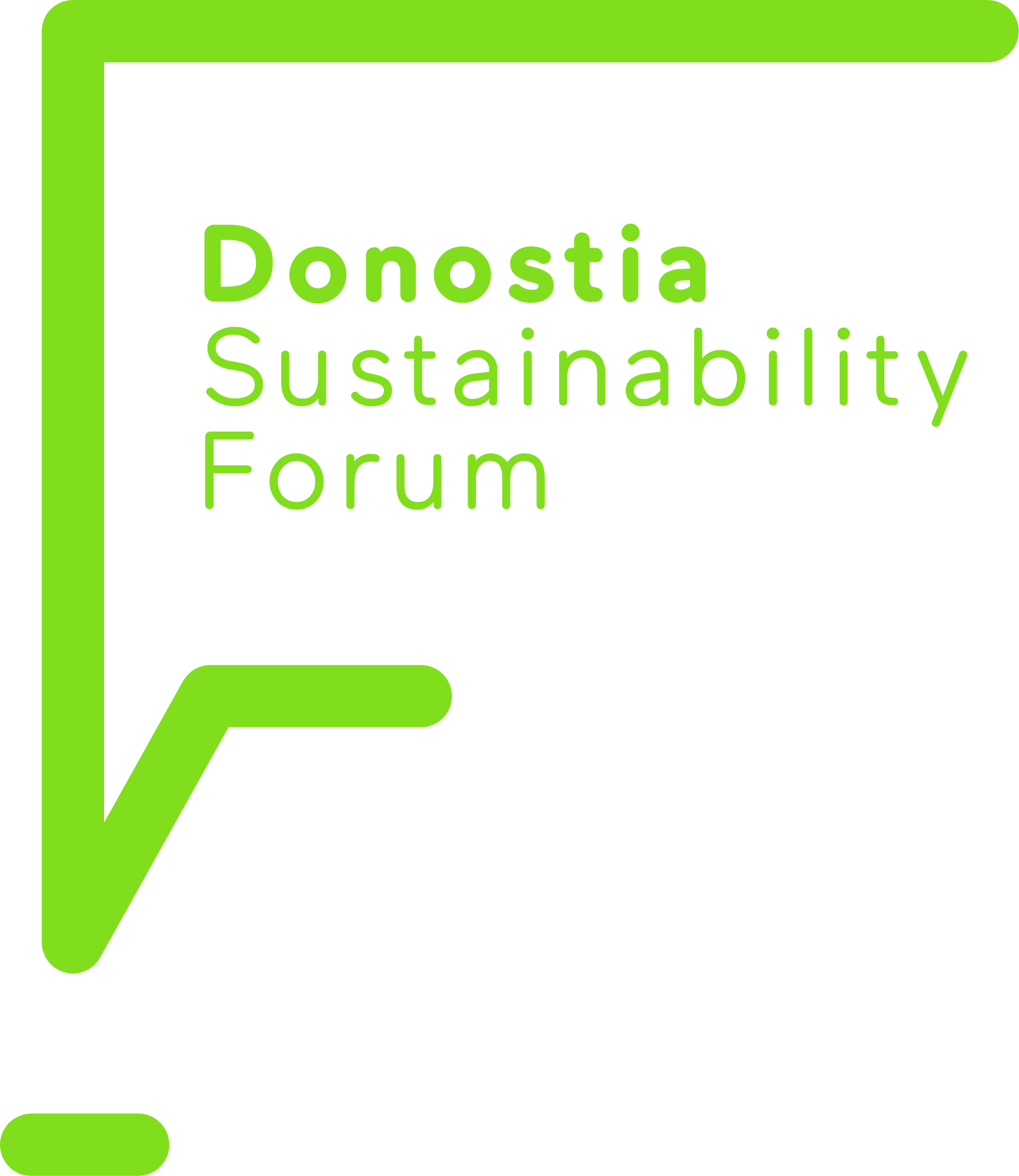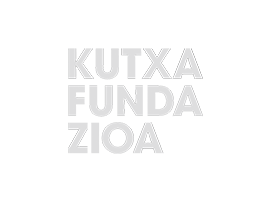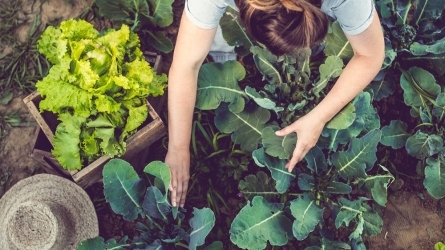
Towards a sustainable food chain: challenges and opportunities
Description
A dialogue to show different alternatives to achieve more sustainable food models.
Food plays an extremely important role in society in economic, social and cultural terms in every country in the world, but in a very particular way in the Basque Country. Population growth at global level and existing systems of production, processing, marketing and consumption have led to a situation of depletion of natural resources and of the planet's capacity to absorb the pollution generated by human processes. Specifically, the agro-food sector is one of those with the highest impact on the planet, and at the same time one of those most affected by the changes the Earth is undergoing, especially as regards climate change.
This is why institutions and administrations at all levels are introducing policies, strategies and action plans with the primary goal, among others, of generating new, more resilient and sustainable systems for the production, processing, marketing and consumption of foodstuffs. Furthermore, a society that is marked by growing concern and awareness is increasingly demanding more sustainable, ethical and responsible products.
We therefore need to undertake a series of steps aimed at bringing about a food chain and a gastronomy that are more sustainable but at the same more efficient and competitive.
There are a series of alternatives to boost the efficiency and sustainability of the food chain. These involve adopting new ways of producing foodstuffs that have a lower environmental impact and are more sustainable; implementing strategies and techniques for efficient use of natural resources, and finding ways of cutting food wastage to a minimum.
It is also worth highlighting the importance of developing new value chains and circular business models based on exploiting food by-products and using sustainable raw materials. In this context, digitalisation and 4.0 technologies will play a crucial role, as will new models of communication to encourage responsible food consumption.
Objectives
.
Activity directed to
- University students
- Students not from university
- Teachers
- Professionals
- All public
Program
06-05-2021
Eva Caballero kazetariak hizlariarekin elkarrizketa izango du hitzaldia amaitutakoan / La periodista Eva Caballero mantendrá un diálogo con el ponente una vez finalizada la conferencia
“Hacia una cadena alimentaria sostenible: retos y oportunidades“
- Jaime Zufia AZTI - Coordinador del Departamento de Procesos Eficientes y Sostenibles
Speakers

Jaime Zufia
AZTI, Coordinador del Departamento de Procesos Eficientes y Sostenibles
Jaime Zufía is a graduate in Biology and holds a master's degree in Environmental Engineering and Water Management. His career has mainly been linked to the food industry and sustainability. He is currently the coordinator of the department of efficient and sustainable processes at AZTI, a technology centre at which he has worked in different roles since 1998. Before that he worked in private-sector companies (DELICASS, IBERDROLA and TECMA). He is a member of several platforms and groups connected with food sustainability. In his 25 years of experience he has developed, run and coordinated over 200 projects and schemes related to eco-efficiency and sustainability in the food chain, both in Spain and elsewhere (Europe, Ecuador and Argentina).
Venue
Live online
Live online
Sustainable development goals
Agenda 2030 is the new international development agenda approved in September 2015 by the United Nations. This agenda aims to be an instrument to favour sustainable human development all over the planet, and its main pillars are the eradication of poverty, a reduction in equality and vulnerability and fostering sustainability. It is a unique opportunity to transform the world up to 2030 and guarantee human rights for all.

3 - Good health and well-being
Guarantee a healthy life and foster the well-being of all people of all ages. Key issues: universal healthcare coverage, sexual and reproductive health, reduction in the number of road accident casualties, pollution and chemical products, reduction in maternal and neonatal mortality, the end of epidemics such as AIDS, combating hepatitis and other water-borne diseases, drug and alcohol prevention, control of tobacco.
More information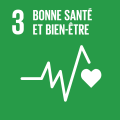
12 - Responsible consumption and production
Guarantee sustainable modalities of consumption and production. Key issues: sustainable management and efficient use of natural resources, reduction of chemical particles released to the atmosphere, water and soils, reduction of waste products, recycling, reuse and reduction, sustainable practices, sustainable public procurement, sustainable lifestyles, rationalisation of inefficient subsidies for fossil fuels.
More information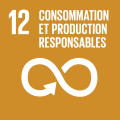
13 - Climate action
Adopt urgent measures to combat climate change and its effects. Key issues: mitigation, resilience and capacity for adaptation, planning, national strategies and plans, education and raising awareness, reduction of effects and early warning systems, compliance with the Framework Convention of the United Nations on Climate Change.
More information